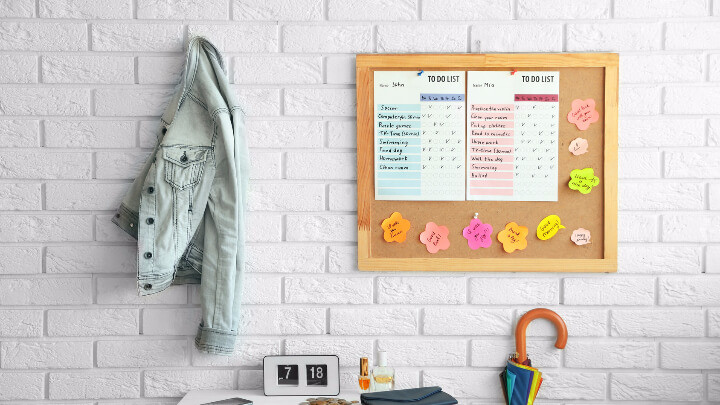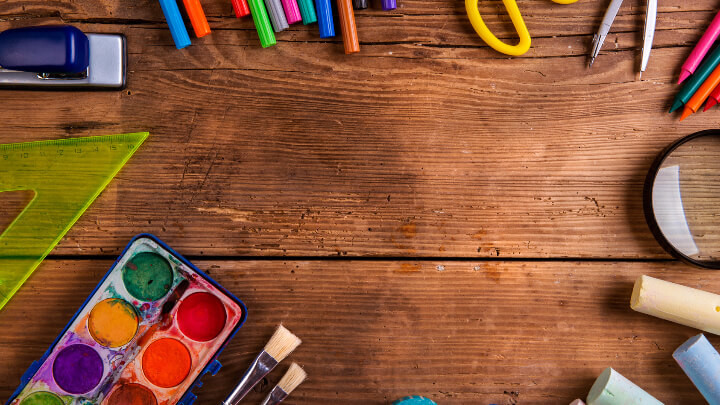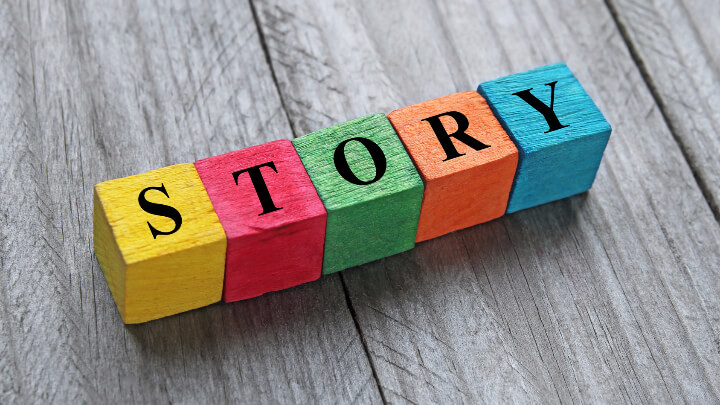ADHD: Tips in case of forgetfulness
Is your child often forgetful and has difficulties to remember things? Forgetfulness can cause problems especially in day-to-day school life. It is thus important to show your child strategies which help make it easier to memorize things.

Check lists
Whether it is packing a school bag, doing homework or getting ready for school in the morning – there is always something missing because your child simply forgets? For such repetitive tasks, check lists proved to be excellent as practical aids against forgetfulness. Also, they help your child to render certain processes automatic over the course of time. It is best to prepare the list together with your child and then look for a suitable place where it can hang and be visible.
Source: Britta Winter, Bettina Arasin. Ergotherapie bei Kindern mit ADHS. 3rd Edition. 2013. Georg Thieme Verlag KG.

Ketchup trick
The more details in visualising an object, the more areas in the brain are active. This brings about that it is easier to remember the object. The so-called "ketchup trick" is based on this principle. Practice playfully with your child to precisely memorise things, using all senses consciously. Questions will help, such as: What does it look like? How does it smell? How does it feel in your hand? What can it be used for?
Source: Britta Winter, Bettina Arasin. Ergotherapie bei Kindern mit ADHS. 3rd Edition. 2013. Georg Thieme Verlag KG.

Symbol trick
If you want to remember an item (e.g. the mathematics textbook), tie it to a certain symbol (e.g. a fire engine). When you see this symbol again, it will remind you of what had been remembered. This trick brings about that the child will deal in detail with the item to be remembered; and it can be applied for any daily activity: getting dressed, packing school things, or learning vocabulary
Source: Britta Winter, Bettina Arasin. Ergotherapie bei Kindern mit ADHS. 3rd Edition. 2013. Georg Thieme Verlag KG.

Chain stories
A tried and tested strategy from memory training are chain stories: If many things must be remembered, it may be helpful to think up a story for it. All the individual details to be stored in memory are built into the story. The crazier, the more unusual and the funnier the story is, the easier it will be to remember it and the individual component parts in it. Because the brain works particularly well when feelings are activated (amusement, curiosity, astonishment).

Bag of tricks
Supporting a child in its anti-forgetfulness training may also be done playfully. Excellently suitable is the game "I pack my bag and take with me...". Every player adds one item, and not only must ever more items be remembered, but also in the correct sequence. This game will sometimes make even adults get into a sweat.
A hide-and-seek game may also help in memory training: Together with your child, hide things; after a longer break period, have the child seek the things.